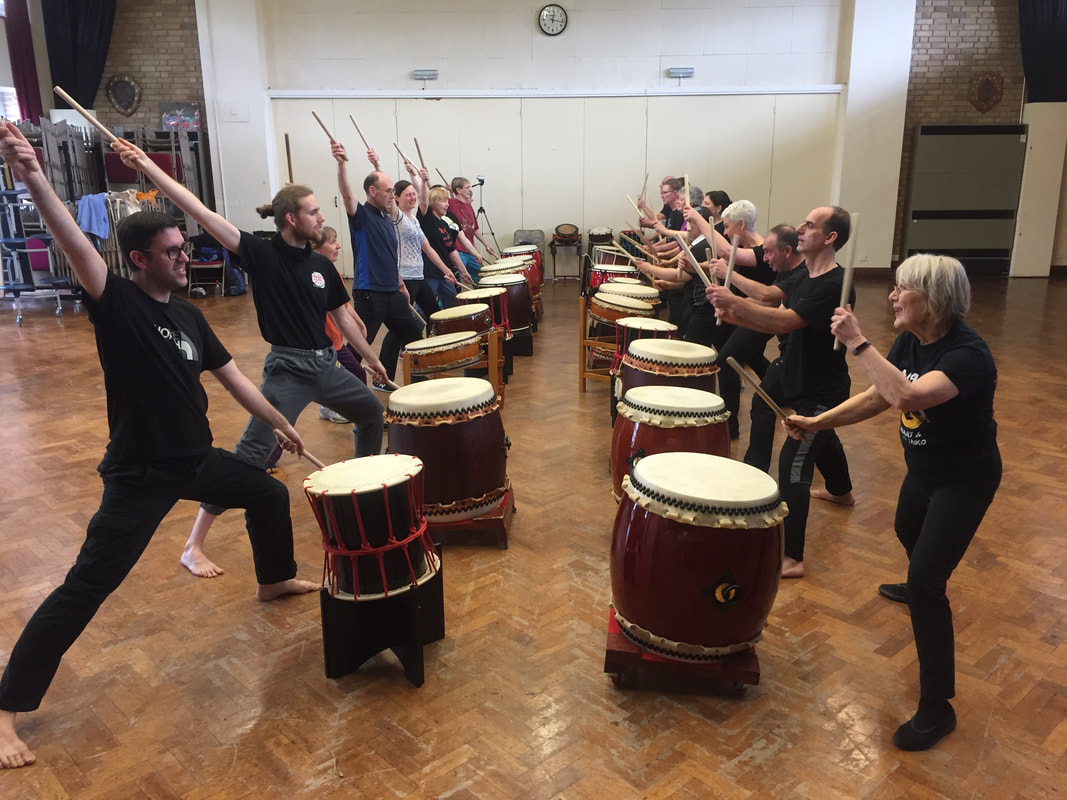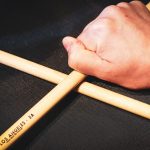Learning drums nowadays is straightforward because there are so many tutorials available on the internet. But sometimes, it is also necessary to learn from other sources, such as joining drumming workshops. You can read the reviews below if you don’t know what drumming workshops are.
The Different Drumming workshops
Drums Used in African Drumming
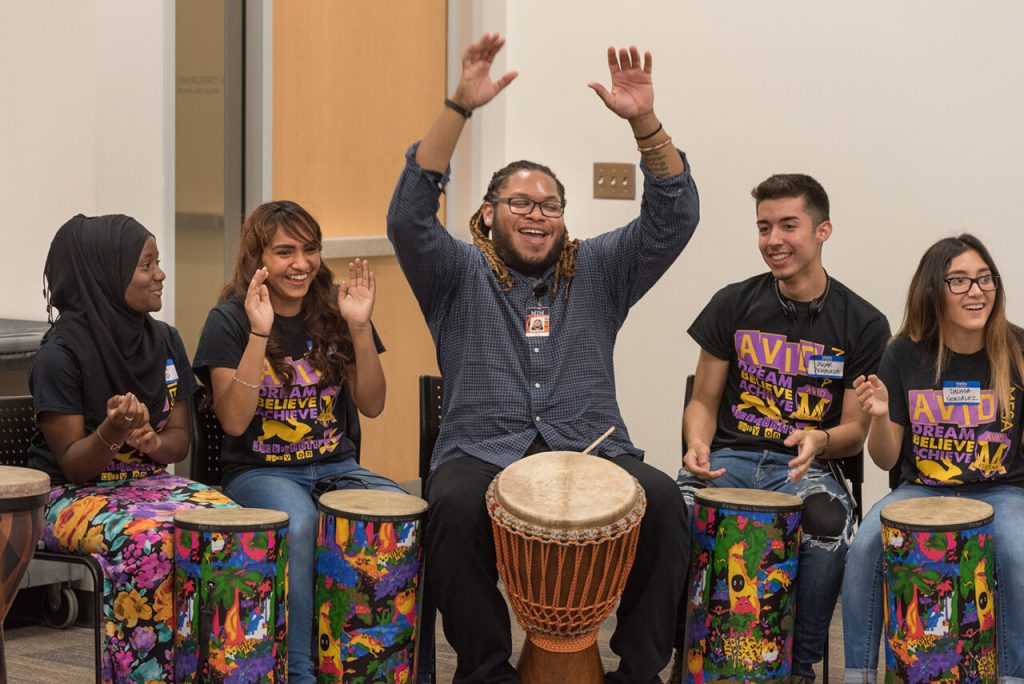
African drum workshops learn traditional drums. There are several types of drums that you need to know.
Djembe
The most well-known African drum in the world is the djembe. It has a narrow, tapered base that widens into a rounded bowl near the top. The bowl’s top is goatskin, but synthetic materials are also available. The djembe is a cultural icon infused with lore, at least some of which is likely based on actual history. Because African history was not written down until recently, much of what is known about African drumming has been passed down orally.
Djembes are used as a dance instrument for social events such as births, funerals, marriages, rites of passage, and crop planting and harvesting, all of which have their songs, dances, and rhythms. On these occasions, two djembes and a dunun usually accompany the storyteller in a communal circle.
Women sing, clap, and dance in the circle’s center, taking turns as the spirit moves them. The djembe master sets the song’s tempo and dance, adjusting it as one dancer or group of dancers yields center stage to another. On most of these occasions, a single, traditional song that can last for hours is played. It is important to note that the djembe is not traditionally intended for dancing.
Sabar
The sabar is unique in African drumming in that it is played both by hand and by the stick. The player strikes the skin with the empty hand while holding a long, thin stick (Galan) in one hand to produce the high notes. The shell is a tapered elongated cylinder (like a conga though generally smaller). The goatskin head is attached to the body by stringing it to pegs or by directly connecting it to the pegs. Tuning is accomplished by driving the pegs deeper into the body, causing the skin to pull.
Bougarabou
The Bougarabou is distinct in that it is a solo instrument. It, like the conga, comes in groups of distinctly tuned members, so a single instrument does not take center stage. It’s a lone musician playing a set of drums. This was not always the case; the Bougarabou was traditionally played as a single drum until recently. The drummer frequently wears a series of metal bracelets that add to the sound.
Talking Drum
The talking drum is an hourglass-shaped African drum that allows villages separated by great distances to communicate. It is played with a striker and an empty hand, just like the sabar. The talking drum, unlike the sabar, has two heads connected by leather thongs that run the length of the shell. The pitch can be manipulated by adjusting the tension of these thongs to mimic the rhythm, stress, and intonation of speech. Not surprisingly, this is especially applicable to tonal African languages.
Indian Drumming Workshops
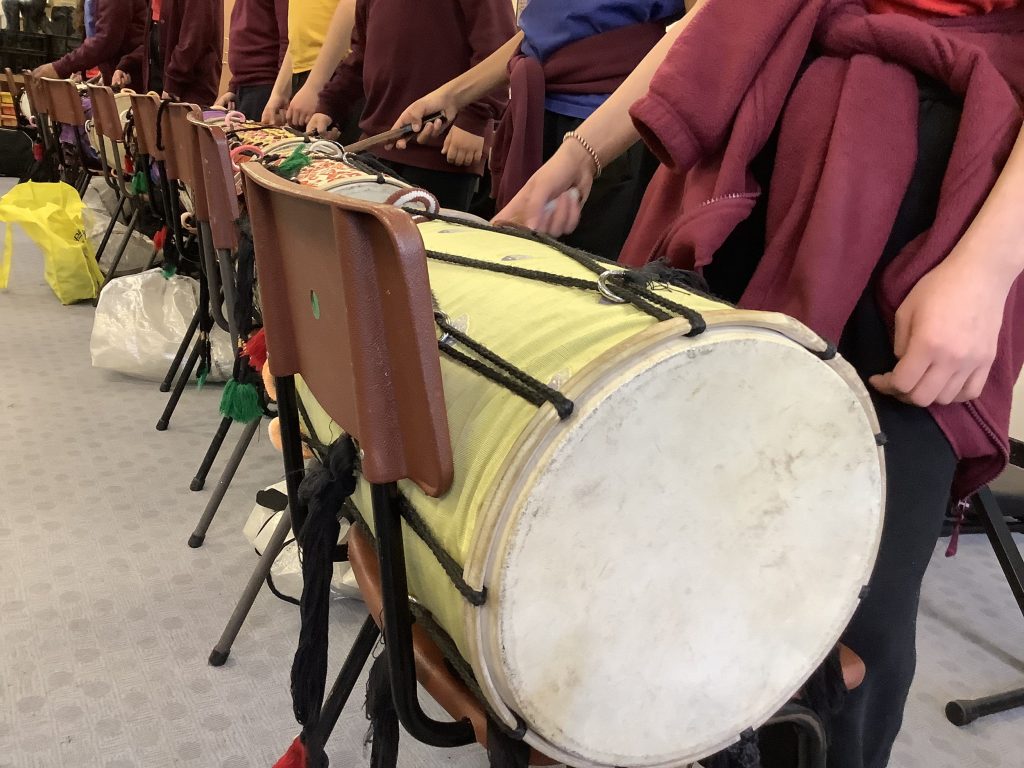
The class in Indian drum workshops will discuss simple phrases or bols. The bols can be recited, and the teacher will guide students to play the drums while repeating the phrases. All ranges are welcome to wait. Carry a drum (when you have one) and your high-quality energy to percentage on this collaboration.
Then, the Indian drum workshops combine cultural attention and musical appreciation and is considered both inspiring and profitable.
South American Drum Workshops

Percussion instruments are a huge part of South American music. From the samba to the tango to Brazilian folk music, drums and percussion instruments set the beat and rhythm for many styles of South American music.
Drum workshops allow people to come together and learn about the various percussion instruments used in South American music. In these workshops, contributors will no longer only learn about the different sorts of drums and percussion contraptions but may also have a danger playing them.
Cuban Drum Workshops
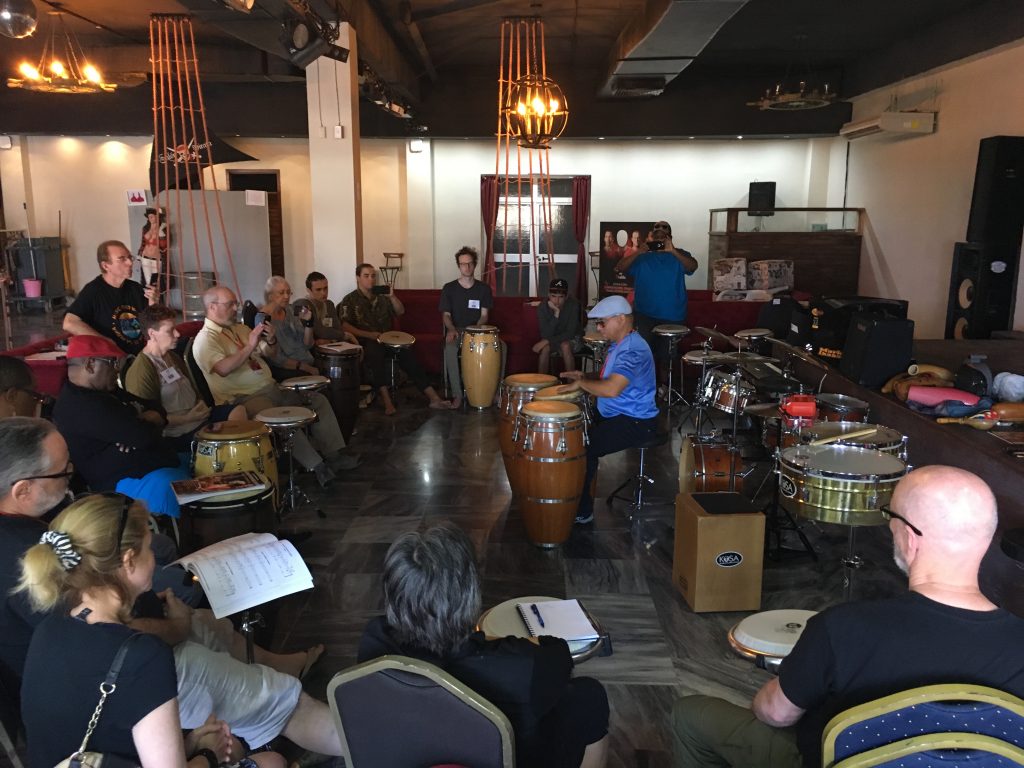
Drumming is a very important part of Cuban culture, and the drums are unique. Cuban drums are usually made from wood, metal, or even plastic and come in all shapes and sizes.
In Cuban drum workshops, participants will learn about the different types of Cuban drums and how to play them. They will also have a chance to play the drums themselves and experience firsthand the unique sound that they make.
Modern Drum Workshops
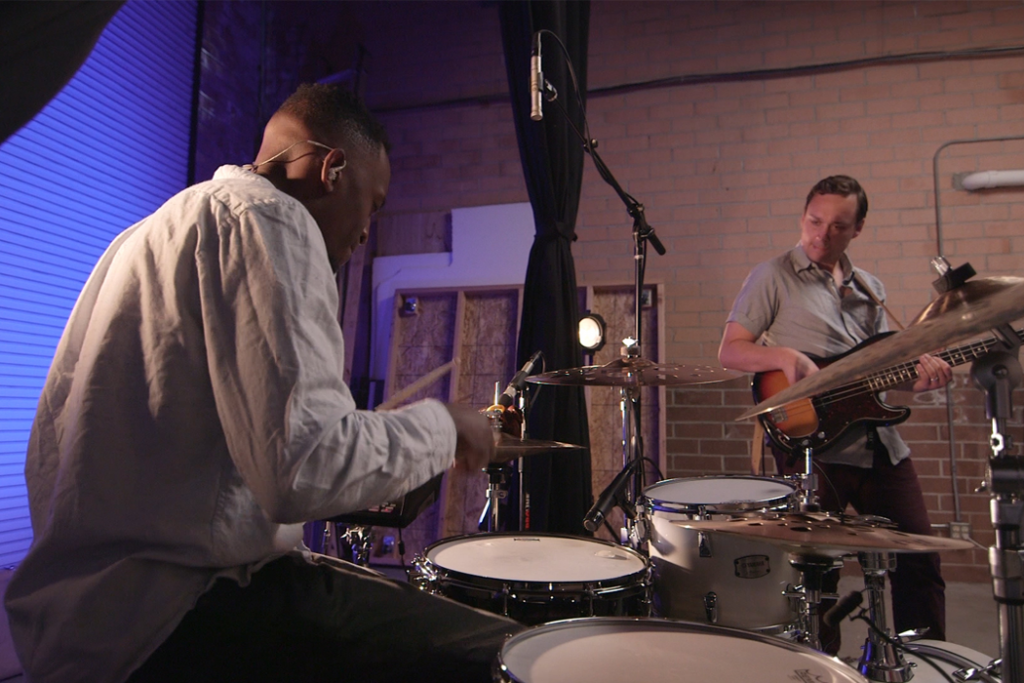
There are different types of drums and drumming styles in today’s world. From the traditional African drums to the modern electronic drums, there is a drumming workshop to suit everyone’s taste.
In those workshops, individuals will study the one-of-a-kind forms of drums and a way to play them. They will have a threat to play the drums themselves and enjoy firsthand the distinctive styles of sounds that they make.
Benefits of Joining a Drum Workshop
History of drumming
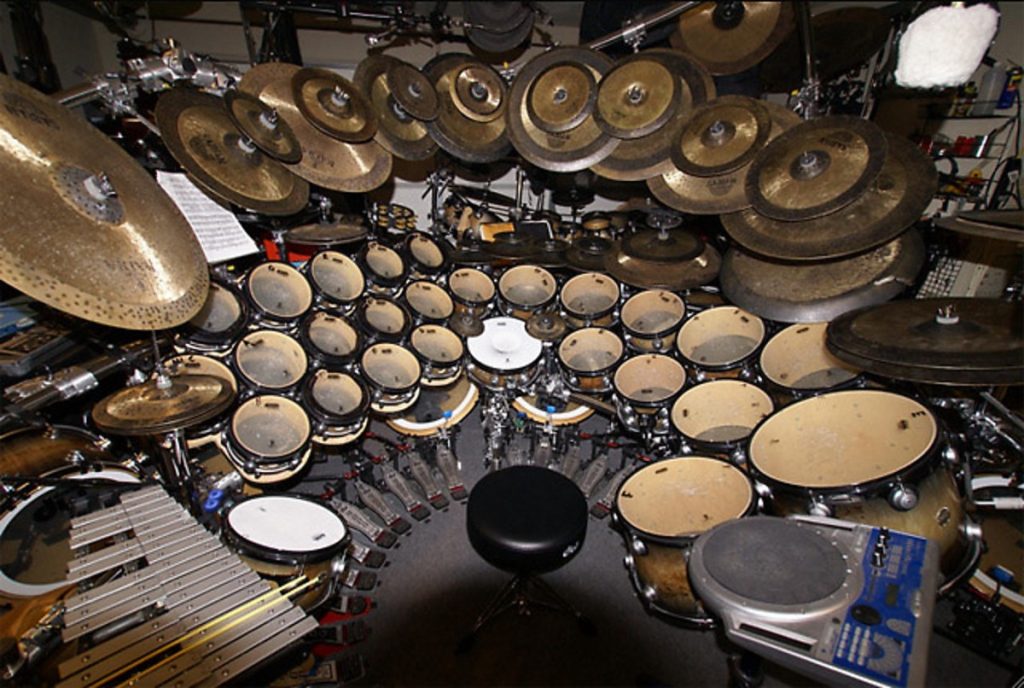
Whether or not you adore classical songs or other amusing track genres, the records of drums are vast and exciting to research. Drums and drum kits have long passed via specific evolution stages. Rock drummers can now access various drums for each novice and seasoned player.
Guide to Building Confidence
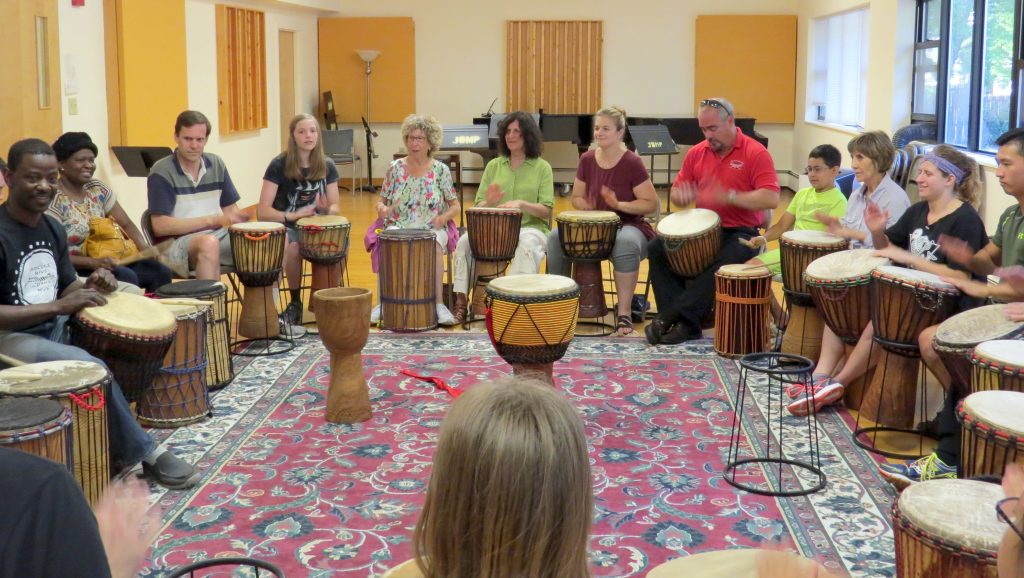
One of the hardest human emotions to understand and control is fear. Fear can grip us in ways we never thought possible, making it difficult or even impossible to do things we once found simple. When it comes to playing drums, this fear can be especially crippling, preventing us from developing our skills or reaching our potential as musicians.
Therefore, joining drumming workshops is one way to find out what causes the anxiety we experience. In addition, in this workshop, we can also fight these feelings of anxiety and fear.
Learn New Instruments and Language
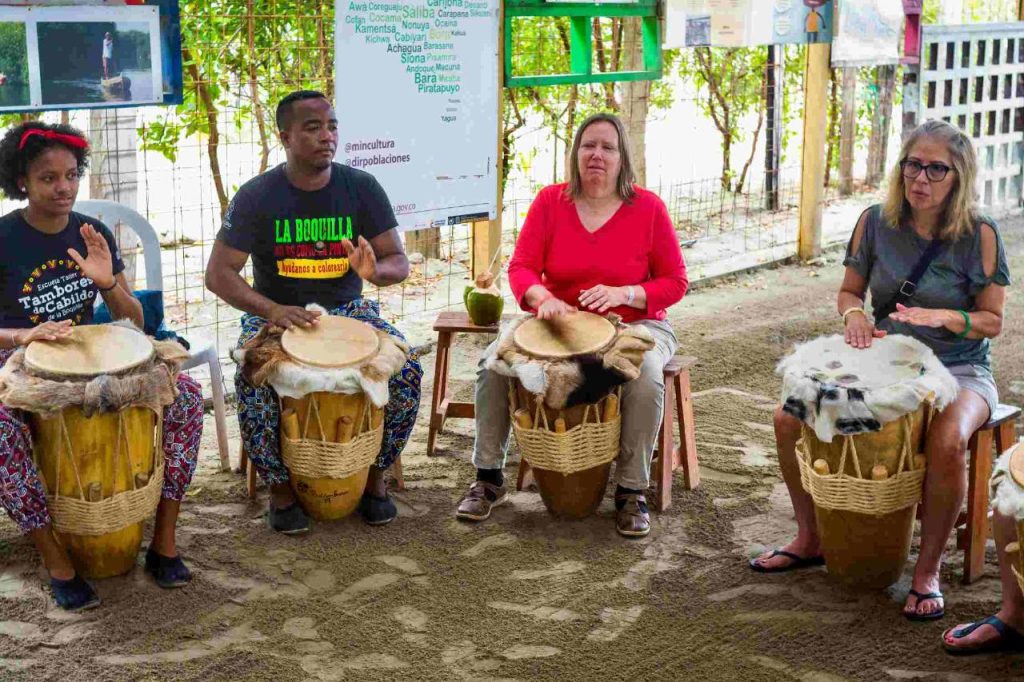
When you join a drumming workshop, you are exposed to new instruments that you might not have had the opportunity to play before. For example, in an African drumming workshop, you would be able to learn about and play drums such as the djembe, conga, bongos, and more.
In addition, by joining a drumming workshop, you will also be exposed to new languages. This is because many of the rhythms and beats that you will learn in a workshop are based on traditional songs and chants from different cultures. As such, you will likely learn new words and phrases in another language, which can be a fun and exciting way to improve your language skills.
Improve Academic Achievement and Increase Brain Power
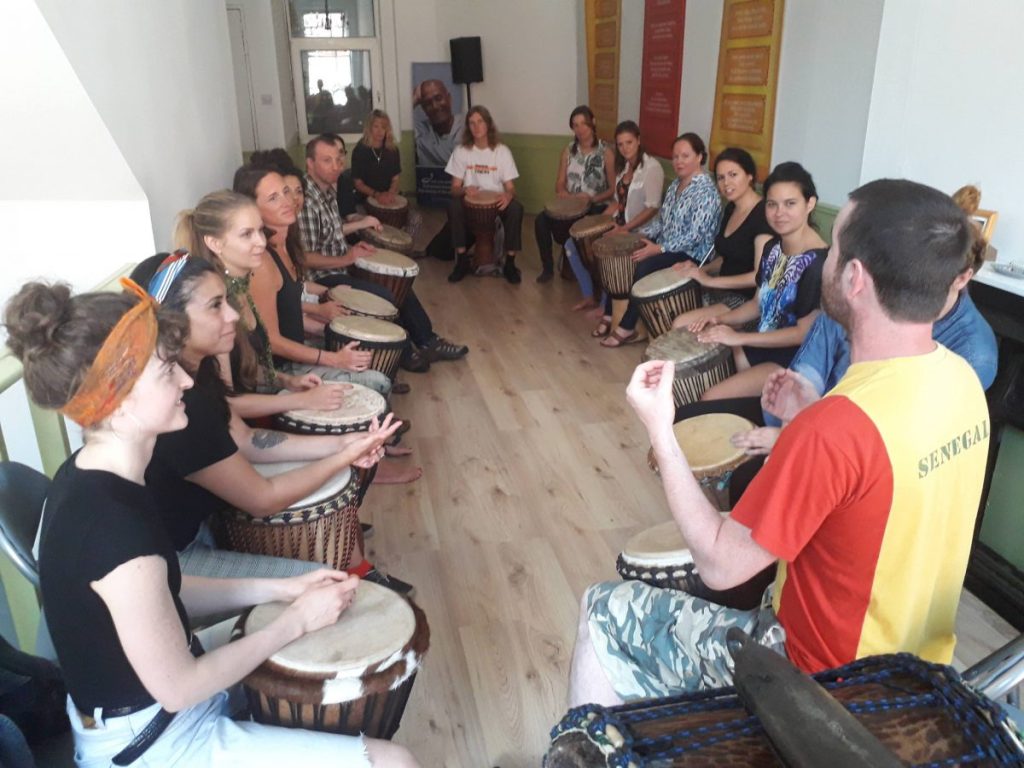
A study by the University of Miami showed that drumming could improve academic achievement in children. The study found that children who participated in drumming activities had better grades and improved test scores.
Furthermore, another study showed that drumming can also increase brain power. This is because both sides of your brain are used equally when you play the drums. This helps to improve coordination and problem-solving skills.
So, if you want to improve your academic performance or increase your brain power, joining a drumming workshop is a great option.
Strengthen Communication Skills and Emphasize Teamwork
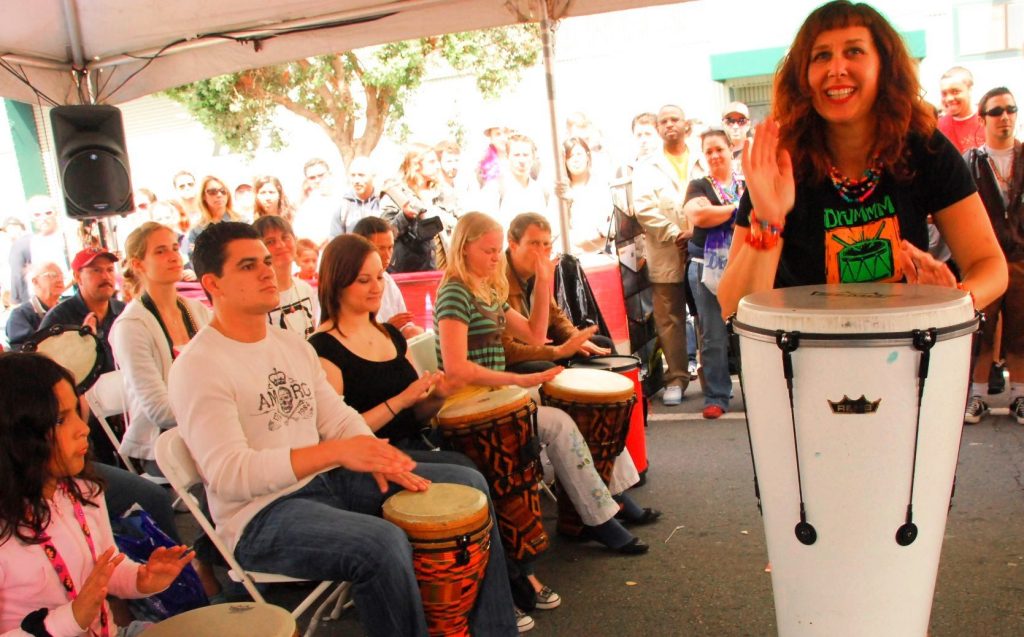
You will work with other people in a drum workshop to create music. This is a great way to improve communication skills and learn to work as a team.
Furthermore, you will also learn how to emphasize teamwork by playing the drums in a group setting. This is because everyone in the group needs to play their part to create a cohesive sound.
As such, drumming workshops are an excellent way to develop communication skills and teamwork.
Take care of your health and Relieve stress
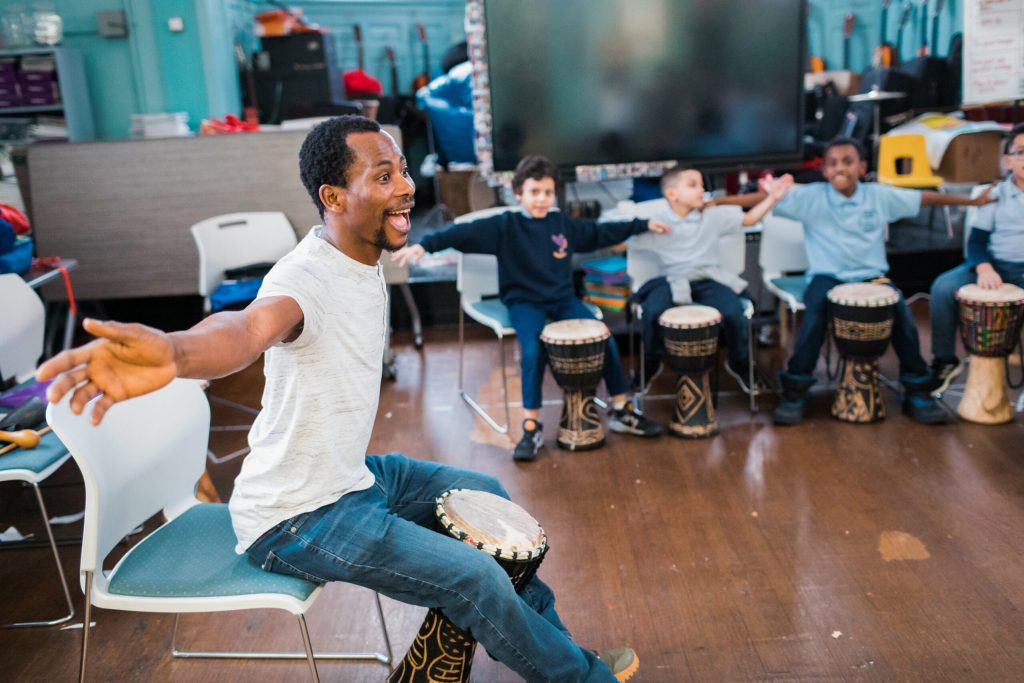
In today’s fast-paced world, it’s easy to get caught up in the rat race and forget to take care of your health. This can lead to various health problems, such as stress, anxiety, and depression.
Fortunately, drumming is a great way to relieve stress and improve overall health. This is because your body releases endorphins, hormones that make you feel happy and relaxed when you play the drums.
In addition, drumming can also help to improve your cardiovascular health. This is because when you play the drums, your heart rate increases, and your blood vessels dilate, which helps to improve blood circulation.
Can you teach yourself drumming?
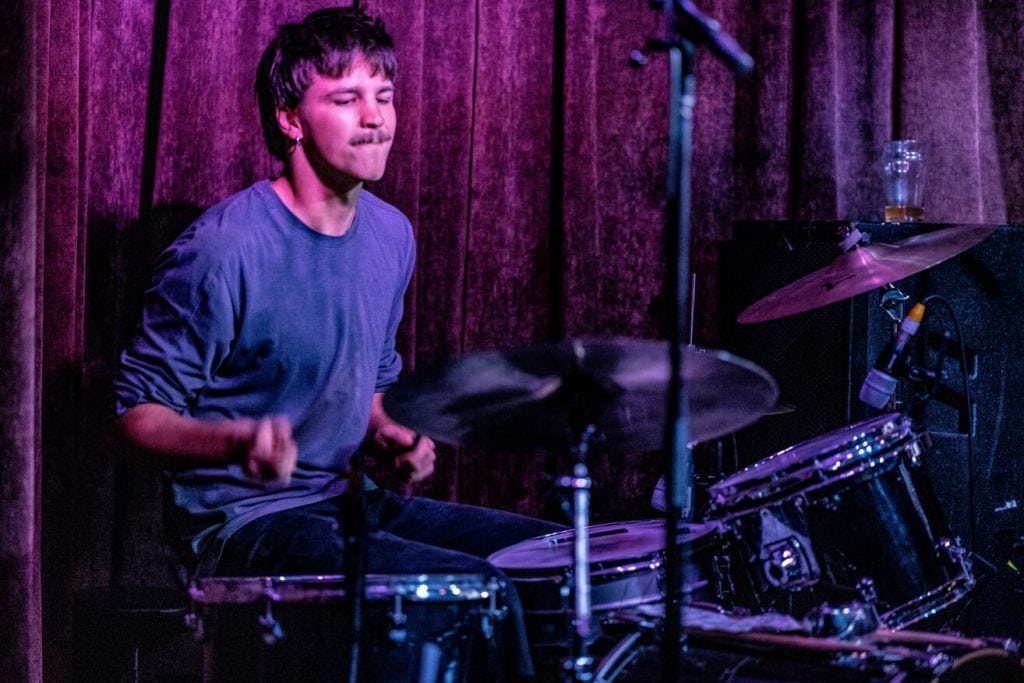
You might wonder if you can teach yourself to play the drums. While it is possible to learn how to play the drums without taking lessons, it is generally not recommended.
This is because learning to play the drums requires a lot of coordination and practice. So, unless you are willing to put in the time and effort to practice, you will likely not make much progress.
In addition, taking drumming lessons from a professional can help ensure you learn the correct techniques. This is important because using the wrong methods can lead to injuries like tendonitis.
Final Thought
As you can see, there are many benefits to joining a drumming workshops. So, if you are looking for a fun and exciting way to improve your skills, relieve stress, and take care of your health, then a drumming workshop is an excellent option.



